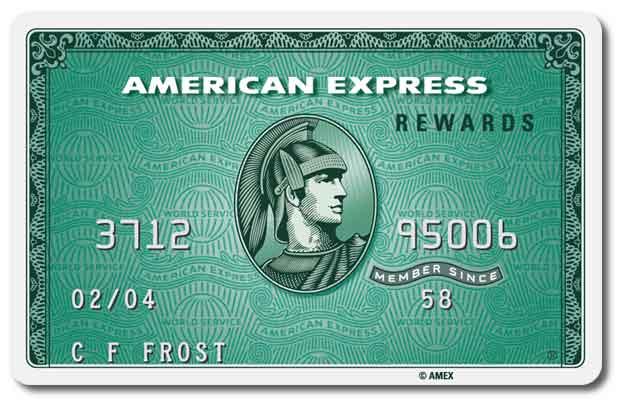
In a recent five-part series, we used audiotapes to reveal debt collectors repeatedly violating federal law in an effort to collect a debt I allegedly owed to American Express. These collectors were not from a back-alley operation; they were from a law firm that represented Pennsylvania-based NCO, which is owned by JPMorgan Chase. And Chase is the largest bank in the United States and one of the largest private corporations in the world.
Our series showed that representatives of perhaps banking's most powerful entity had no regard for the Fair Debt Collection Practices Act (FDCPA), the law that is supposed to govern their actions and protect consumers.
Now we have those audiotaped conversations turned into transcripts, which show perhaps with even more clarity the disdain that collectors have for the law. (See transcripts at the end of this post.) These transcripts were part of the evidence in a federal lawsuit that my wife and I filed against NCO and Birmingham-based law firm Ingram and Associates. (We didn't know at the time that JPMorgan Chase owned NCO, so the company was not named as a defendant.)
Our audiotaped evidence of unlawful acts, of course, could not be disputed. But as Dana Siegelman stated recently in regards to the case of her father, former Alabama governor Don Siegelman, your options are limited when you go before a corrupt federal judge. We had a corrupt federal judge--Abdul Kallon, of the Northern District of Alabama--and our own crooked lawyers, Darrell Cartwright and Allan Armstrong, intentionally undermined our case. That makes it hard to prevail in a court of law.
But in the court of public opinion, we will show you--in collectors' own words--how they lie, cheat, and essentially try to steal from unsuspecting consumers. I use the term "steal" because discovery in our lawsuit showed that Ingram and Associates had no information that I owed a debt to American Express--or that I even had an AMEX card.
The bottom line? Collectors tried to get me to pay them money, even though they had no evidence that I owed it; that comes close to the definition of attempted theft.
We will focus on three provisions of the FDCPA that collectors repeatedly violated in our case. If you ever hear from a debt collector, the chances are high they will violated these areas of the law with you, too. What are these provisions? We will put them in layman's terms:
(1) It is unlawful for debt collectors to speak with someone other than you about an alleged debt, except to seek information about your location (15 U.S.C. 1692b and 15 U.S.C. 1692c).
(2) It is unlawful for a debt collector to lie to you in an effort to collect a debt (15 U.S.C. 1692e).
(3) It is unlawful for a debt collector to insult you, or use abusive language toward you, in an effort to collect a debt (15 U.S.C. 1692d).
(To be continued)
Legal Magazine
Transcripts Reveal That Rogue Debt Collectors Have Disregard For Consumer Rights Under Federal Law
Posted on the 11 December 2012 by Rogershuler @RogerShulerAuthor's Latest Articles
-
Vance Boelter Was Trained at Dallas Bible College to Engage in Spiritual Warfare Against "demon-possessed Politicians" and Other Foes of Charismatic Christians
-
Vance Boelter's Abandoned Vehicle Was Filled with Weapons and Ammunition, Indicating He Planned a "long Term," Deadly Campaign Against Political Enemies
-
Suspect in Deadly Minnesota Political Shootings, Described as a Religious Pro-life Conservative Who Attended Trump Rallies, "stalked His Victims Like Prey"
-
Steven Cheung, Spokesman for the White House, Takes Heat from the Press for Bloated Crowd Estimates at Military Parade That Drew Mostly Empty Bleachers
